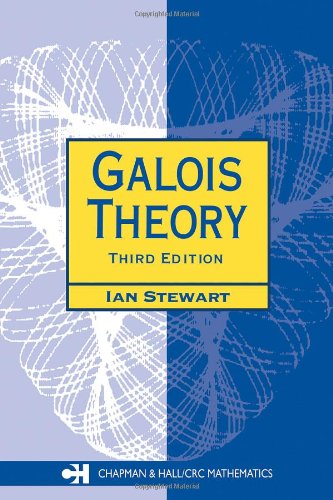| Homework and announcements |
| Grading |
| Overloads |
| Math Links |
| Lecture Room: | W304 MSC |
| Lecture Time: | TuTh 10:00-11:15 |
| Final Exam: | W May 6, 8-10:30am |
| Lecturer: | David Zureick-Brown |
| Office: | W430 MSC |
| Phone: | (608) 616-0153 |
| Email: | dzb@mathcs.emory.edu |
| | |
| Text: | ``Galois theory", Ian Stewart |
| Office Hours: | W11:30-12:15 (in W430) |
| W3-3:34 (in E408) | |
| |
 |